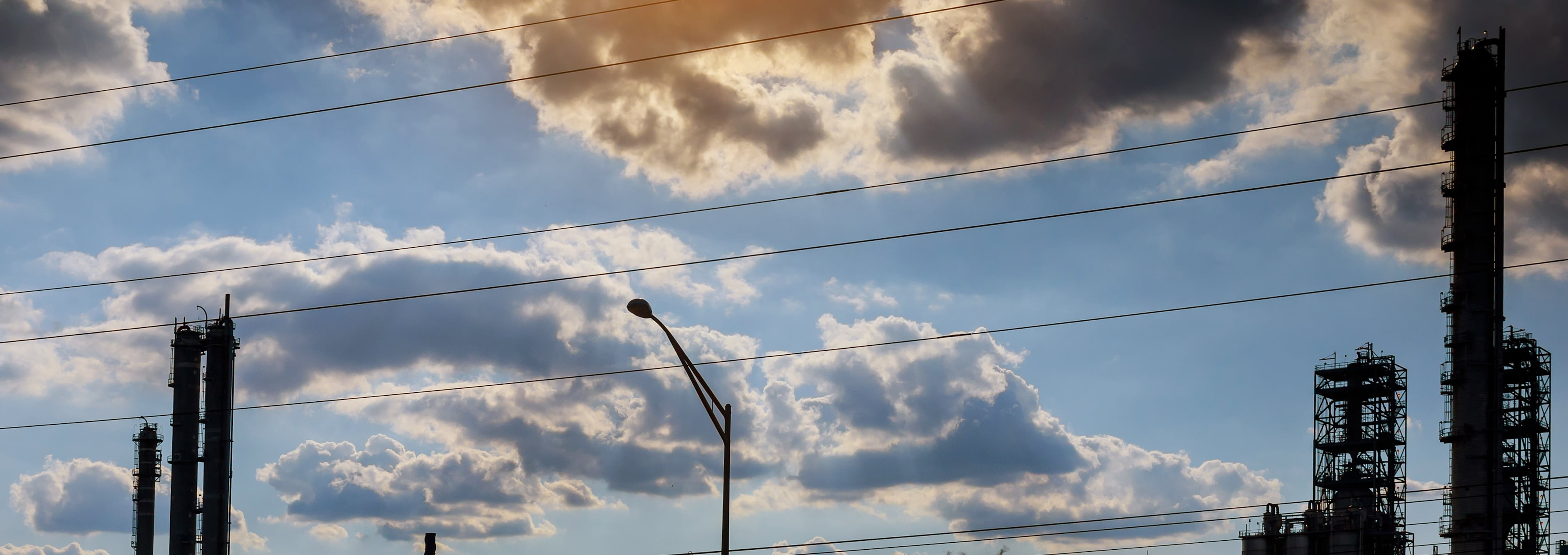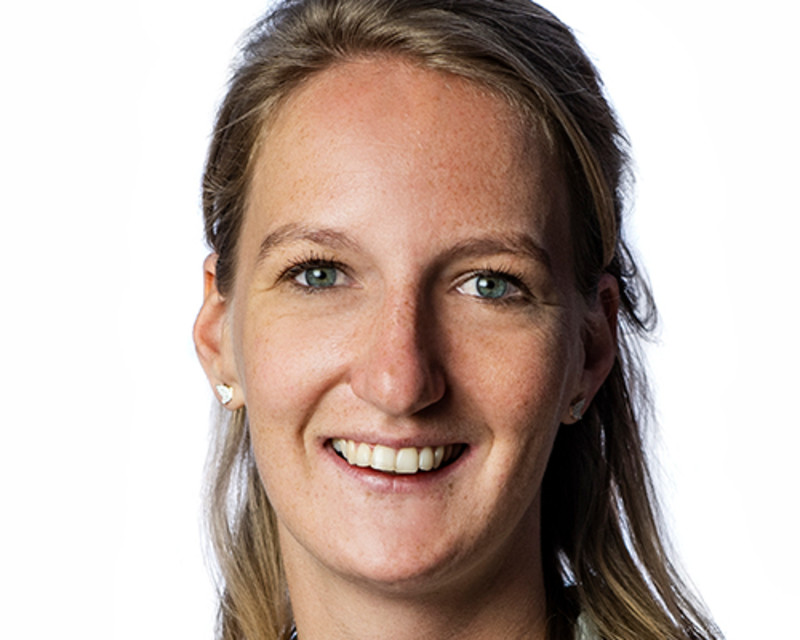

Assessing the downsides that investments can have
Sustainable investments are made to gain returns in a way that does not harm the planet or society. But some do have an adverse impact in one way or another; it is part of life. Senior Product Manager Anouk in ‘t Veld explains how the SFDR forces the disclosure of such adverse impacts.
Summary
- Principal Adverse Impacts of investments must be disclosed under SFDR
- Methodology devised to identify impacts at entity and strategy levels
- Commitments also made to mitigate impacts such as by decarbonizing
Sustainability has long been in our DNA. We do it because we believe integrating sustainability factors into the investment process leads to better-informed investment decisions and healthier long-term, risk-adjusted returns. We believe our responsibility extends beyond generating wealth to include generating well-being. This is clearly reflected in our vision and mission as an organization. Prioritizing profit over issues such as climate change might lead to better returns in the short term, but the long-term prospects for such a strategy are worse and increasingly less socially acceptable.
With the introduction of EU’s Sustainable Finance Disclosure Regulation (SFDR) across the financial services sector in 2021, sustainable investing became more regulated than ever across the 27-nation bloc. The SFDR aims to make the sustainability profile of funds more comparable and better understood by end-investors, using pre-defined metrics for the environmental, social and governance (ESG) characteristics used in the investment process.
Concretely, these additional disclosure obligations required of investors include reporting on the ‘adverse impacts on sustainability’ at entity and financial product levels. This essentially means that funds must consider, and subsequently report on, negative externalities which may result from an investment in a specific company, or ultimately, from the overall composition of a portfolio.
The concept of adverse impact is therefore not new, and has since long been integrated by Robeco throughout our investment approaches. With the SFDR, a new framework was proposed, and Robeco began considering Principal Adverse Impacts (PAIs) from June 2021 onwards. These are defined as “negative, material, or likely to be material effects on sustainability factors that are caused, compounded by, or directly linked to investment decisions and advice performed by the legal entity.”
Following the framework provided by the SFDR in 2020, Robeco identified datapoints to acquire the necessary metrics, based on data from a wide range of ESG data providers, adopting a best of breed approach, mixing utilizing multiple data vendors.
For each of the mandatory indicators, Robeco has summarized the methodology of arriving at measuring these indicators, and developed tooling to assess the impact for all of its funds. We then developed an internal screening tool which allowed us to assess fund performance versus the PAI indicators.
In order to ensure timely implementation of the regulations, Robeco’s initial implementation of the screening and subsequent mitigation of the PAIs was based on the Level 1 SFDR that was published in November 2019. In February 2021, the EU subsequently published its SFDR Regulatory Technical Standards (RTS), which provides further guidance on the content, methodologies and presentation of disclosures needed. This provided the foundation for the Level II requirements which will come into force from January 2023.
In 2022, our adverse impact screening tool was aligned with the criteria as laid out in the SFDR Level II, including modifications necessary to comply with the revised standards. Changes will be made in accordance with the altered definitions, and expansions in relation to real estate and country PAIs.
Get the latest insights
Subscribe to our newsletter for investment updates and expert analysis.
Prioritizing adverse impact
In line with the fund classification outlined in the SFDR, Robeco will prioritize PAI indicators per strategy, using the standards provided in the RTS. The prioritization of PAI follows the ESG priorities and sustainable objectives of the funds, and meet our general expectations of companies to commit to good governance principles outlined in our stewardship policy.
At the entity level, this means more detailed descriptions of the impact made by portfolio holdings were provided in the updated PAI statement by June 2021; entity performance on PAI were first reported in June 2022. At the product level, more information on how sustainable funds consider PAIs were outlined in the prospectus and Key Investor Information Documents (KIIDs) before January 2022. From January 2023, the performance of funds against the indicators, and a description of what PAIs were considered, will be provided through regular fund reporting.
Addressing the impacts: a two-pronged approach
Identifying adverse impacts is one thing: addressing and mitigating them as far as possible is quite another. Robeco does this through a wide range of methods ranging from the use of ESG scores to the application of proxy voting and engagement with companies. Those methods are described in our sustainability policy as well as our stewardship policy.
In addition to the work to mitigate these impacts on an individual strategy level, Robeco has also made various commitments to help decrease adverse impacts over time. For example, in December 2020, Robeco pledged to have net-zero greenhouse gas emissions across all its assets under management by 2050, in line with the EU’s own carbon neutrality ambition.
Earlier that year, Robeco also announced it had signed the Finance for Biodiversity Pledge, which calls upon world leaders to reverse nature loss this decade. It also calls on investors to commit to collaborating, engaging and assessing their own biodiversity impact, while setting targets and reporting on biodiversity matters, by 2024 at the latest.
More information on our Statement on Principal Adverse Impacts.

SFDR regulation
SFDR is an evolving set of EU rules aiming to create a level playing field for how sustainable investment strategies are classified by asset managers. It helps to clarify the definition of a ‘sustainable fund’ and combat the growing threat of greenwashing.























